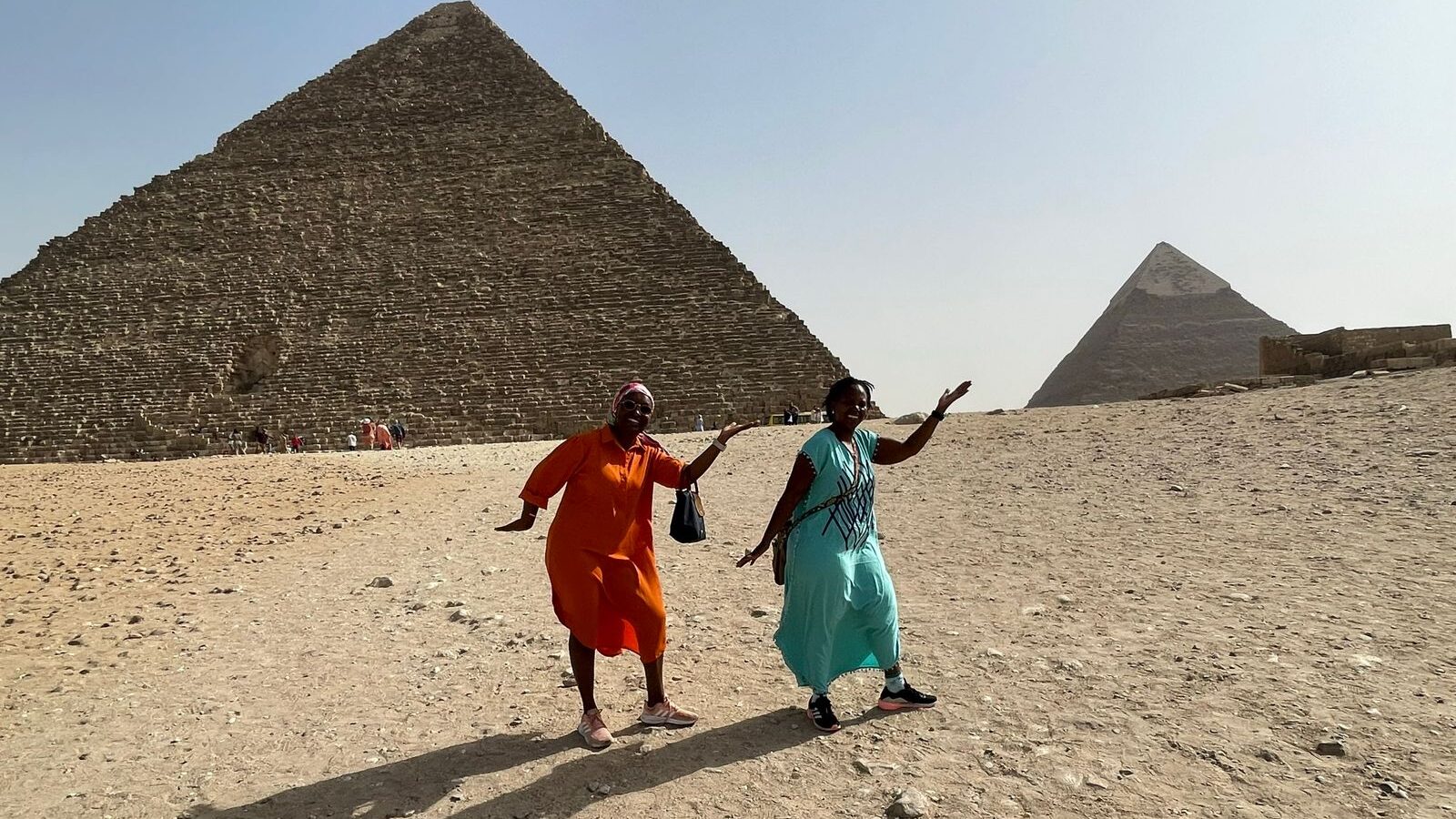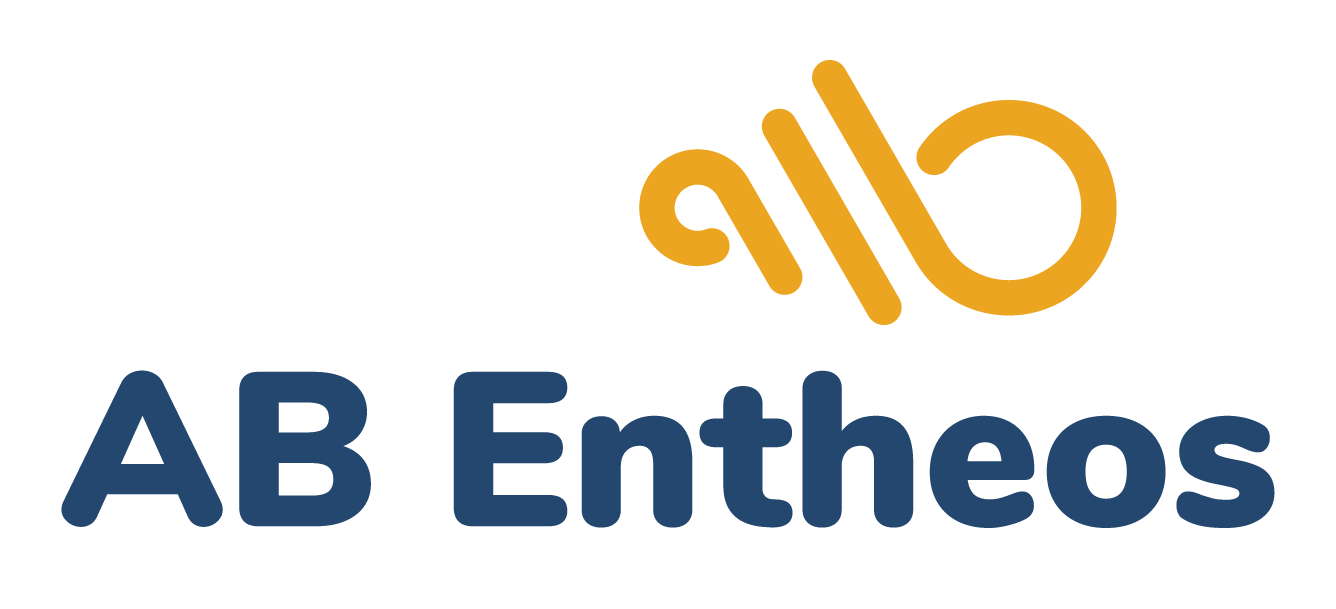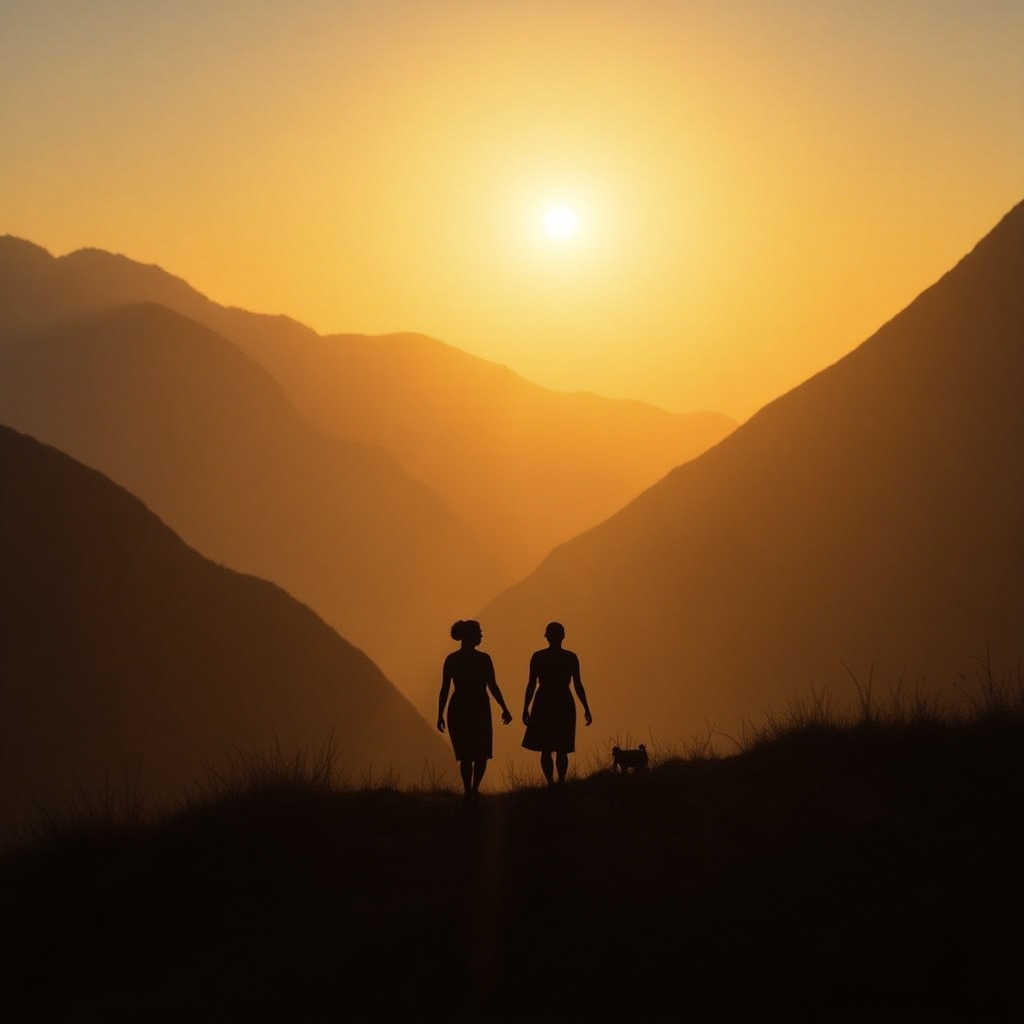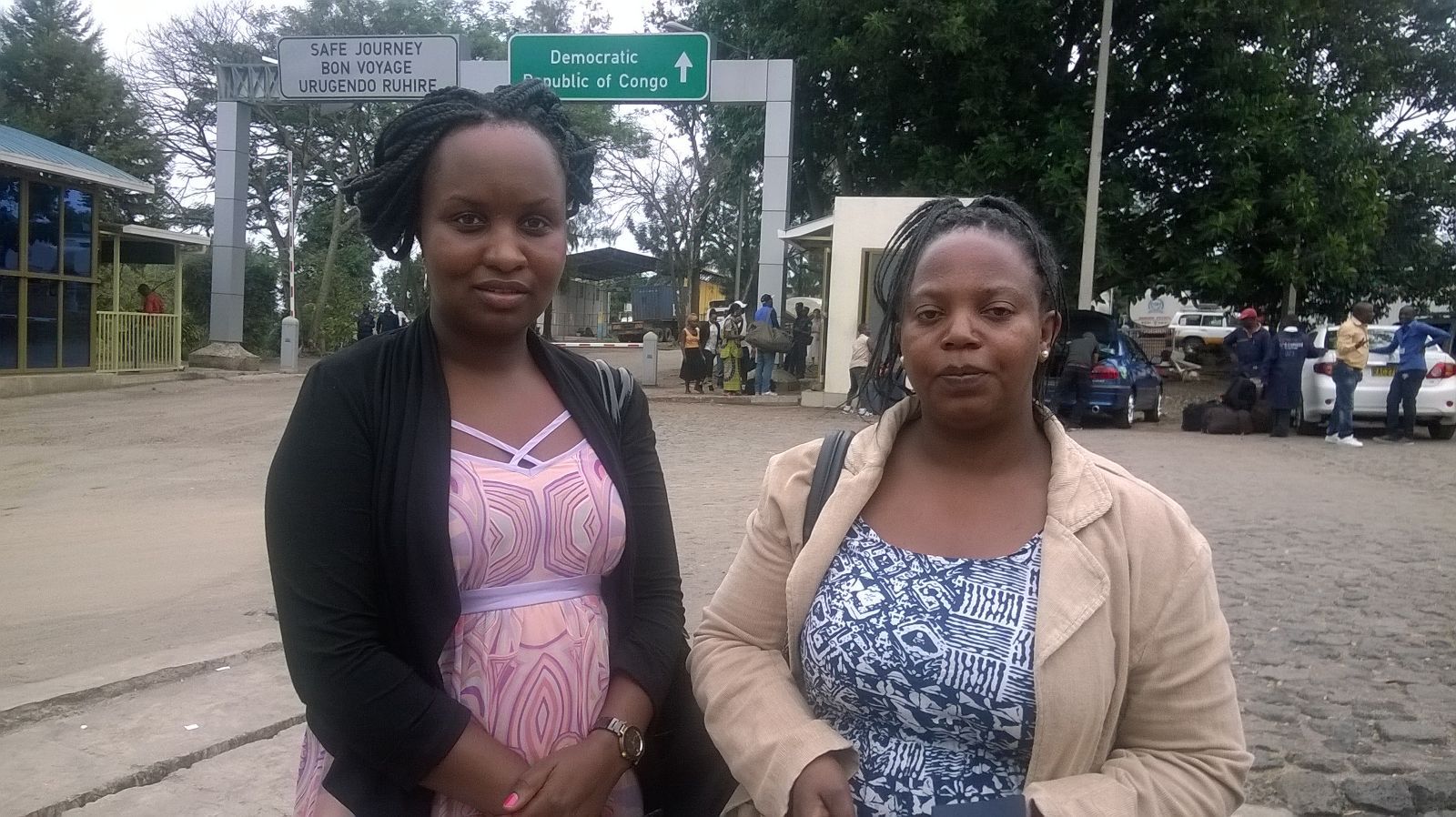
Lesson 5: “The rainbow after the storm.”
In 2024, AB Entheos celebrated 10 years of operations. The company is the brainchild of Anne Kamau and Barbara Chesire, former colleagues from earlier in their respective careers. Launching and growing AB Entheos was the biggest professional challenge Anne and Barbara have faced. Through this blog series, they explain the challenges they have overcome, their successes and the lessons learned. This is the fifth instalment in their story of 10 lessons in 10 years, or 10-in-10.
By September 2018, Anne had returned from Tanzania – just in time to work on a new contract secured in Rwanda. This engagement was extensive and was carried out in collaboration with Access to Finance Rwanda (AFR). Anne and Barbara first trained in human-centred design (HCD) methodologies and design thinking for microinsurance products. Thereafter, they became staunch advocates for HCD and helped shape the thinking of early market entrants in Rwanda.
The weekend Anne was due to come back, when her contract ended, we had just secured a contract in Rwanda. Anne flew in from Tanzania, and days later, we left for Rwanda.
~ Barbara Chesire
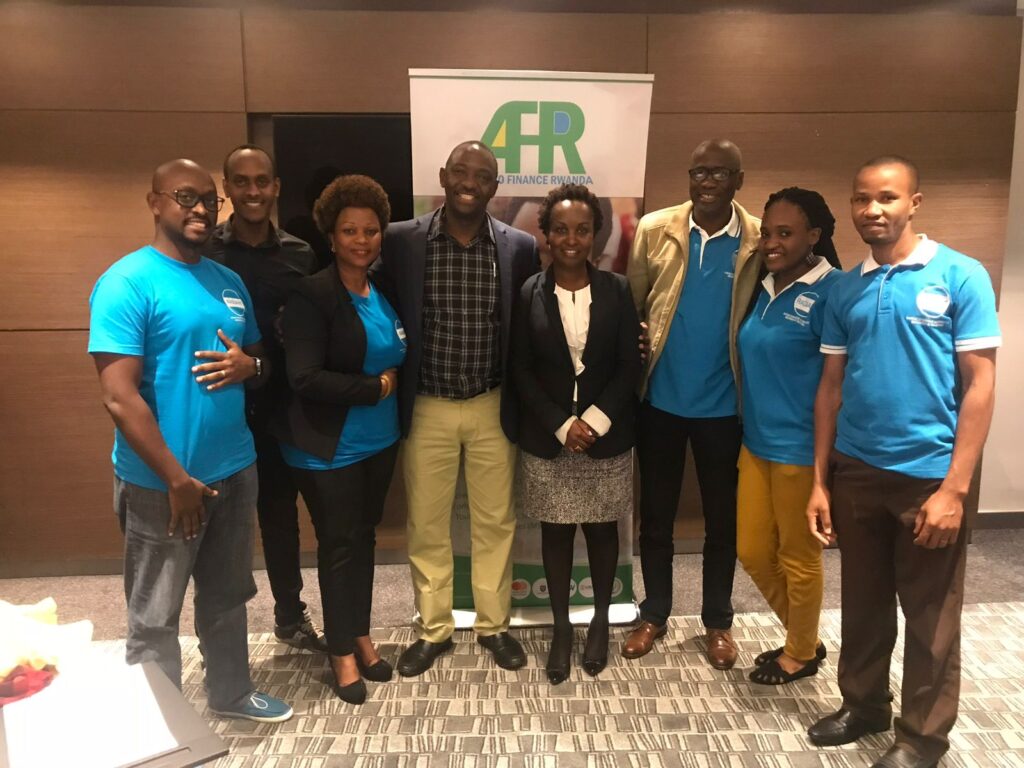
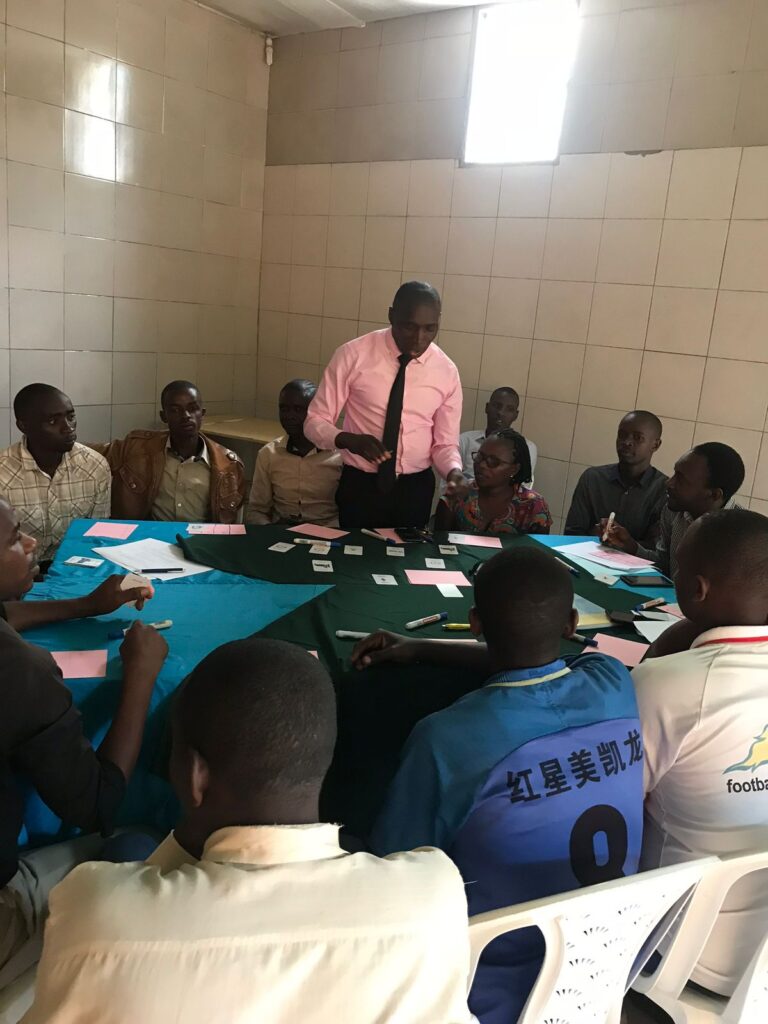
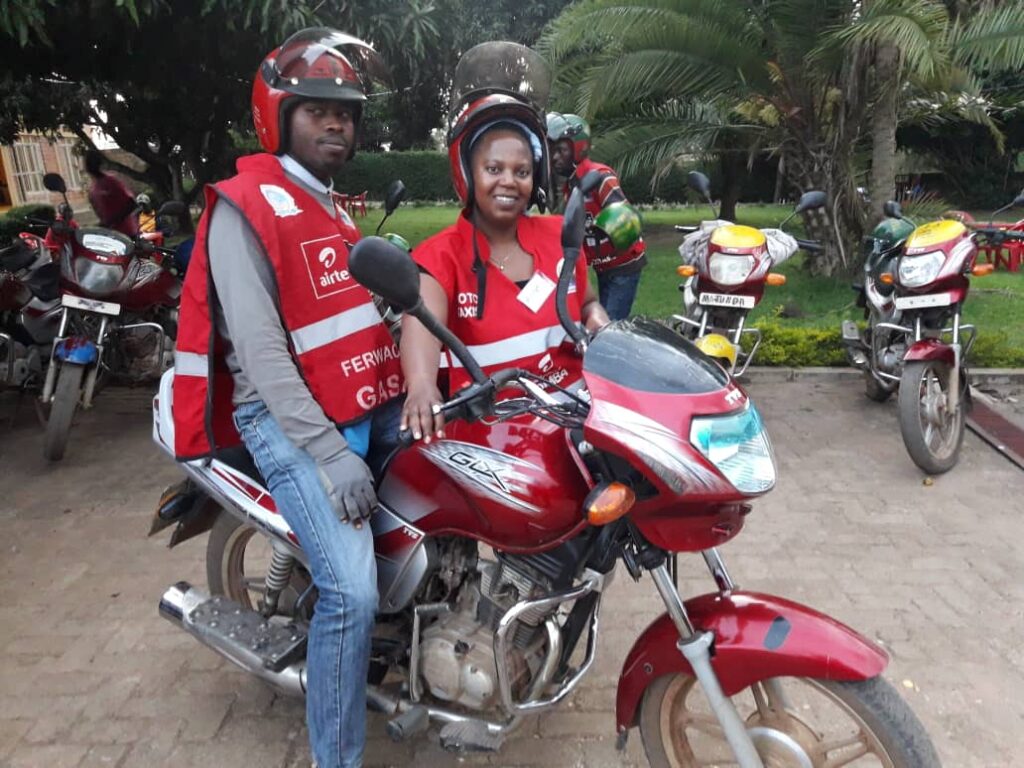
Their major achievement in Rwanda involved training two existing insurance underwriters, Radiant and Prime Life, on product design using the HCD methodology, through the I3C accelerator program. Anne and Barbara were also involved in developing and launching the country’s first microinsurance company (Radiant Yacu). To this day, Anne and Barbara maintain a strong relationship with both insurance companies, as well as Radiant Yacu – which itself has experienced significant success.
How joining the Microinsurance Network boosted their credentials
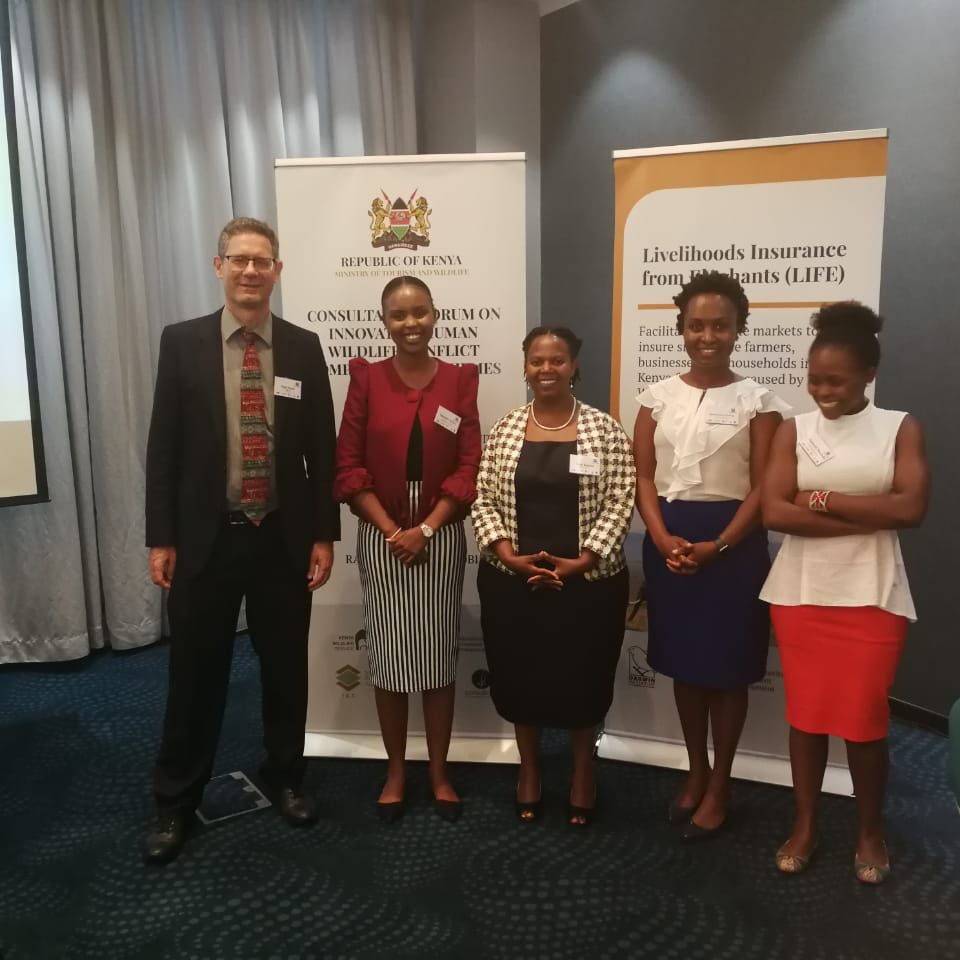
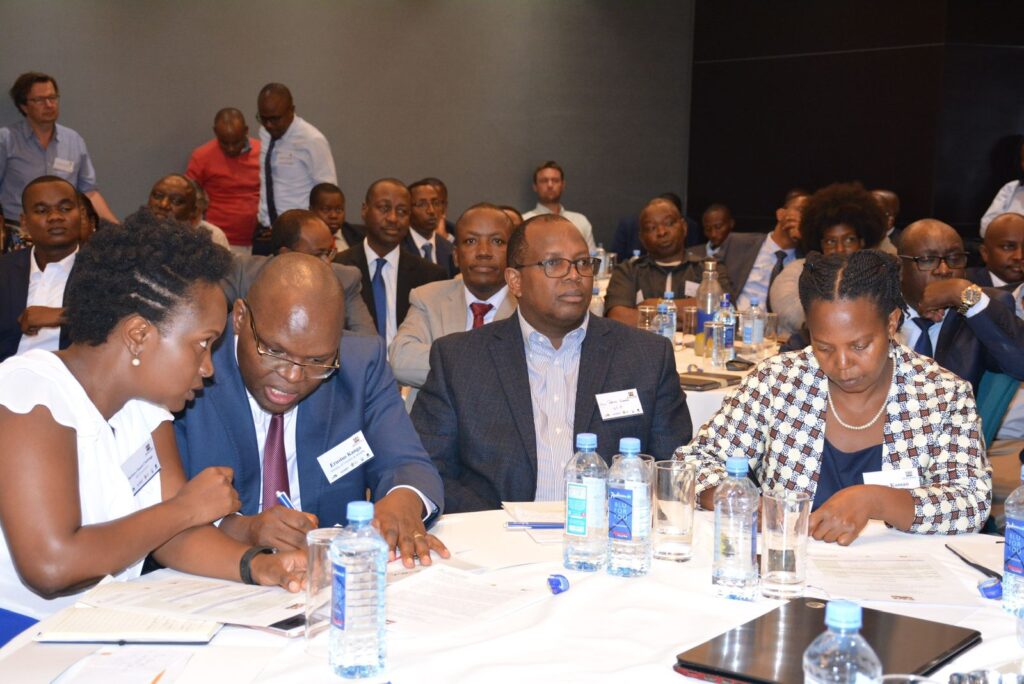
AB Entheos is known for its work on human-wildlife conflict (HWC) insurance. Barbara recalled that their introduction to HWC happened through an inquiry by the International Institute for Environment and Development (IIED), a London-based think-tank. This came about after joining the Microinsurance Network (MiN). At a time when their company was emerging from hardship, Anne and Barbara could be forgiven for being sceptical about joining an organisation whose benefits might not have been immediately apparent. However, MiN membership quickly led to an introduction to the IIED. The rest is history.
I remember Barbara telling me that she had spoken to Lorenzo Chan (Chair of the MiN), who encouraged us to join the Microinsurance Network. We were initially sceptical, but he was persuasive. We ultimately saw the value in us joining [the Network]
~ Anne Kamau
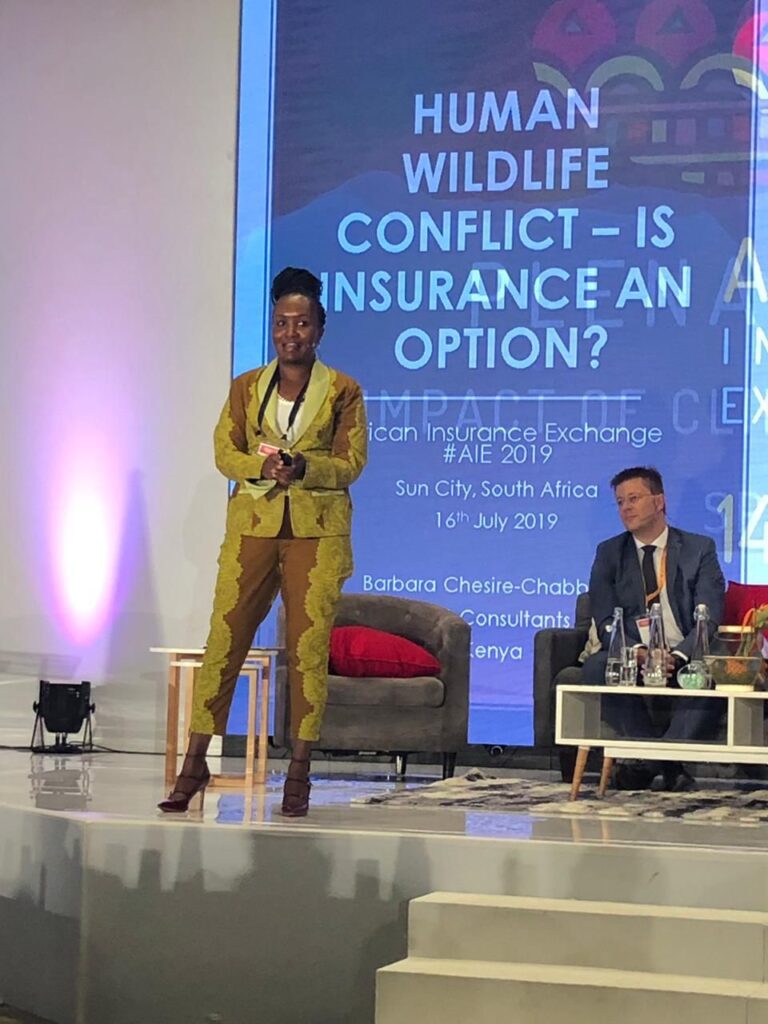
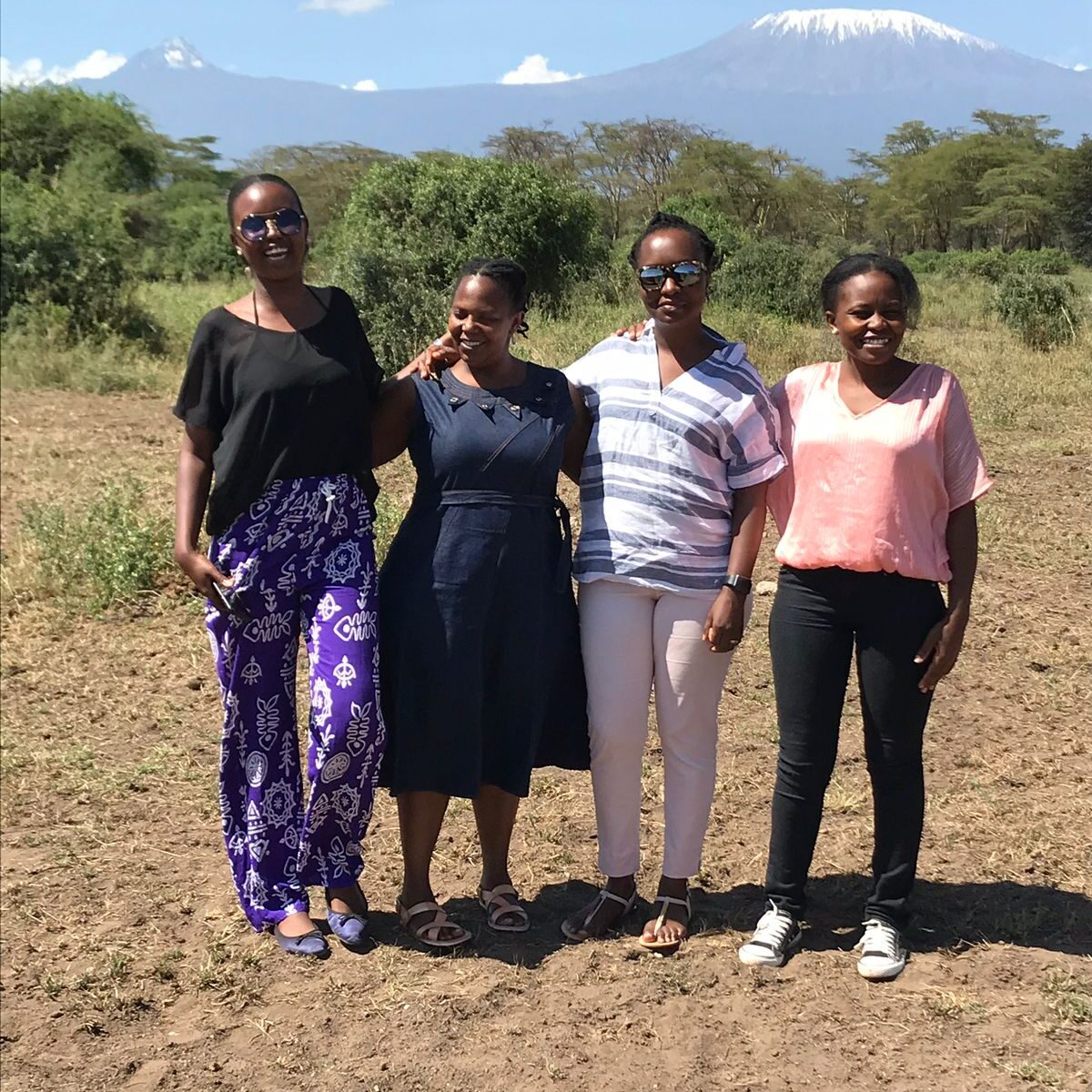
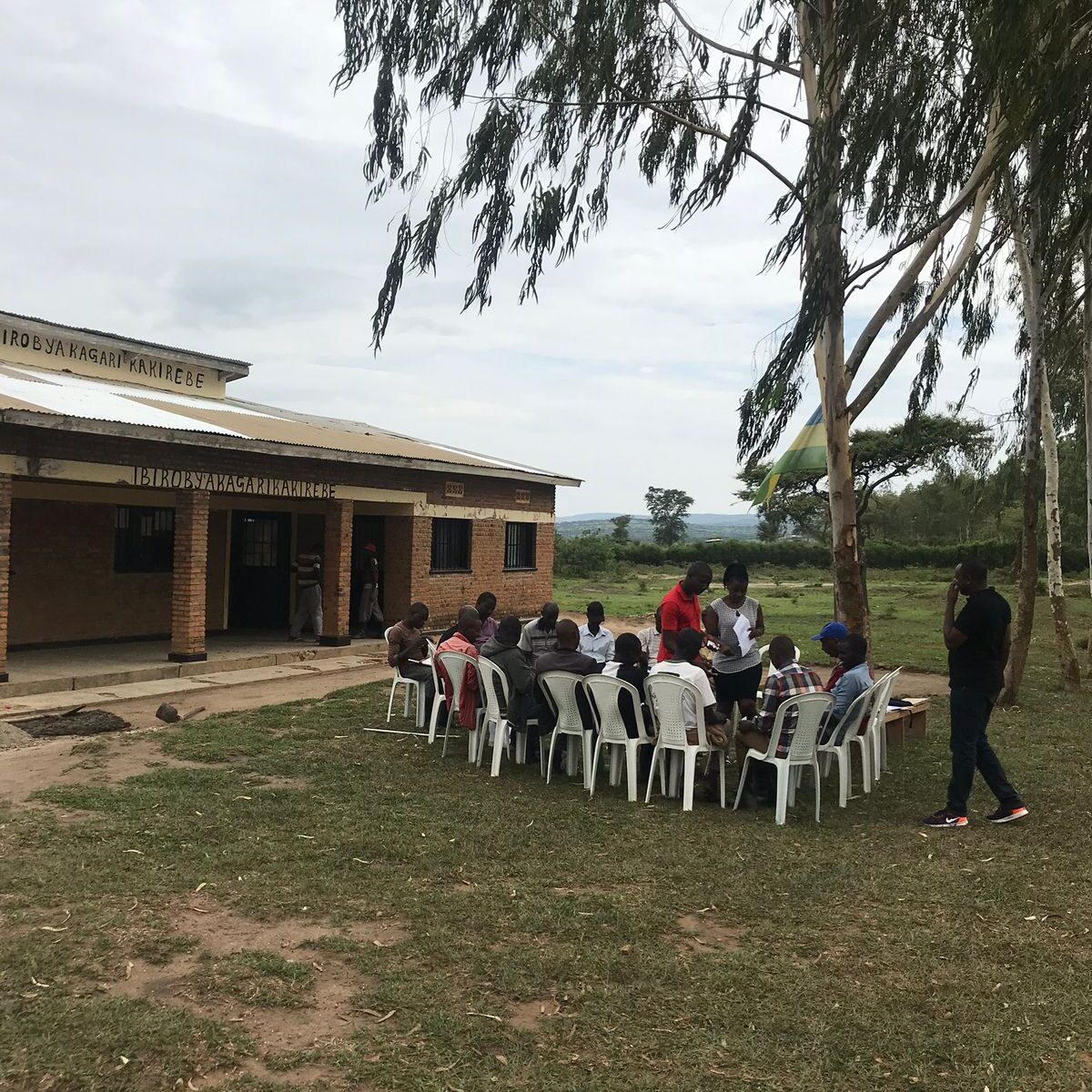
The initial task was to explore and develop HWC insurance for elephants in Kenya. Despite their progress to date, Anne and Barbara were hesitant about agreeing to work on something so different to their usual dealings. But for both of them, the opportunity gave them a chance to carve out a niche value proposition in the industry and potentially lead to new avenues. Given the IIED’s reputation for policy and research on sustainability, such a collaboration offered high hopes of being beneficial beyond the short term.
After exploring how HWC could be used in Kenya, Anne and Barbara were involved in further research in Namibia, Tanzania, Uganda and Zambia. These experiences showed that HWC was a major issue across East and Southern African countries. There was a need to make insurance relevant for the African communities affected by living in proximity to wildlife, as well as to the wildlife itself. Conventional products had simply not been considered for use in this manner.
There was a healthy pipeline, but people’s scepticism remained
Anne’s return from Tanzania to Kenya coincided with their business picking up. This preceded a busy and bumper 2019. Coupled with the ongoing work on the ResilientME! Game, Anne and Barbara were suddenly seeing more interest in their work. In 2019, they were included in government consultations in Kenya, while their HWC project in Kenya was beginning to gain notice. These efforts resulted in an invitation to talk about their work among insurance leaders in Botswana, South Africa and other markets interested in inclusive insurance.
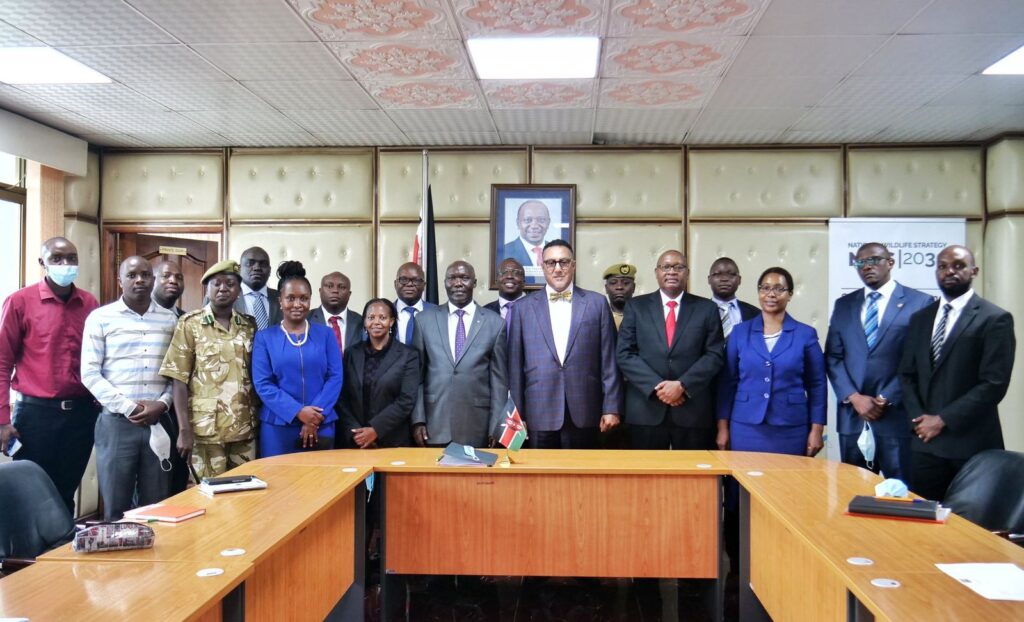
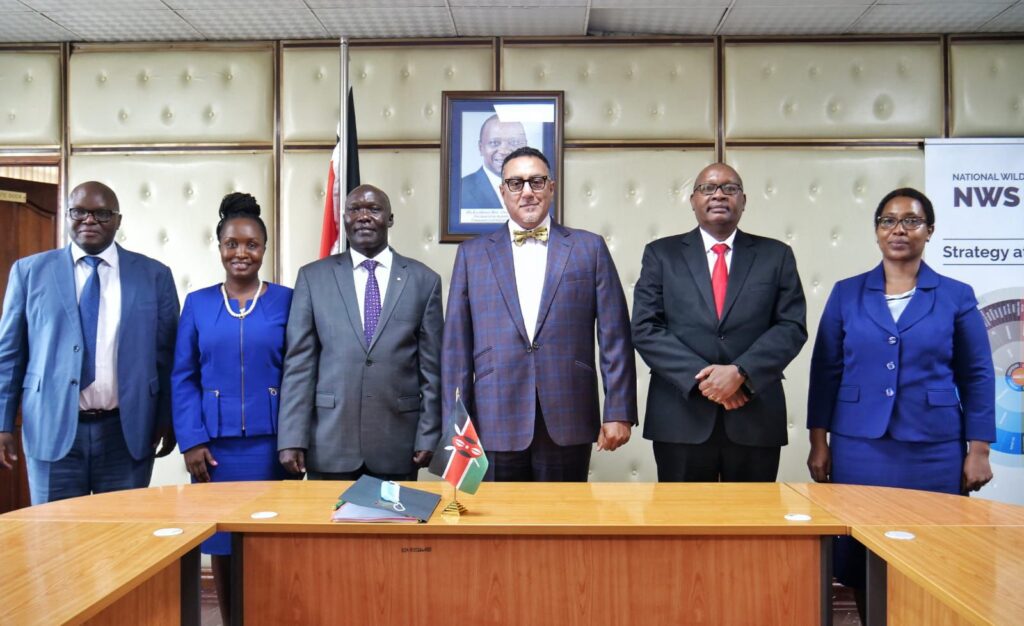
Despite this, some scepticism remained – especially given the challenges Anne and Barbara had faced when projects dried up in 2017 and 2018. Both were still questioned about the wisdom of starting a consulting business and when they might take on “real jobs”. Anne and Barbara were not short of job offers from established companies. However, both knew that building a business was their ambition – even if it was unlikely to be plain sailing. For them, the most challenging time has been overcome, and better times were on the horizon.
